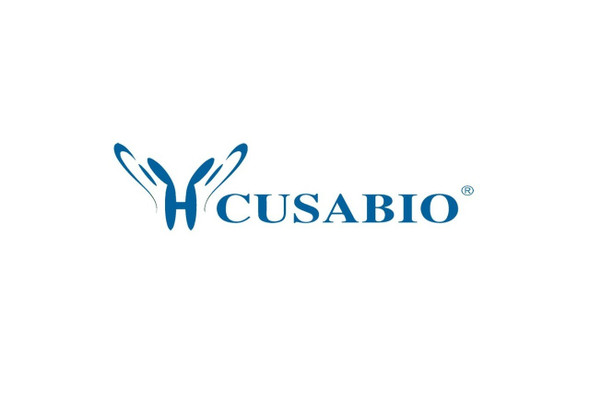Cusabio Polyclonal Antibodies
Nampt Antibody, FITC conjugated | CSB-PA015422LC01RA
- SKU:
- CSB-PA015422LC01RA
- Availability:
- 3 to 7 Working Days
Description
Nampt Antibody, FITC conjugated | CSB-PA015422LC01RA | Cusabio
Nampt Antibody, FITC conjugated is Available at Gentaur Genprice with the fastest delivery.
Online Order Payment is possible or send quotation to info@gentaur.com.
Product Type: Polyclonal Antibody
Target Names: Nampt
Aliases: Nicotinamide phosphoribosyltransferase (NAmPRTase) (Nampt) (EC 2.4.2.12) (Pre-B-cell colony-enhancing factor 1 homolog) (PBEF) (Visfatin), Nampt, Pbef1
Background: Catalyzes the condensation of nicotinamide with 5-phosphoribosyl-1-pyrophosphate to yield nicotinamide mononucleotide, an intermediate in the biosynthesis of NAD. It is the rate limiting component in the mammalian NAD biosynthesis pathway. The secreted form behaves both as a cytokine with immunomodulating properties and an adipokine with anti-diabetic properties, it has no enzymatic activity, partly because of lack of activation by ATP, which has a low level in extracellular space and plasma. Plays a role in the modulation of circadian clock function. NAMPT-dependent oscillatory production of NAD regulates oscillation of clock target gene expression by releasing the core clock component: CLOCK-ARNTL/BMAL1 heterodimer from NAD-dependent SIRT1-mediated suppression.
Isotype: IgG
Conjugate: FITC
Clonality: Polyclonal
Uniport ID: Q80Z29
Host Species: Rabbit
Species Reactivity: Rat
Immunogen: Recombinant Rat Nampt protein (231-491AA)
Immunogen Species: Rattus norvegicus (Rat)
Applications: ELISA
Tested Applications: ELISA
Purification Method: >95%, Antigen Affinity purified & Affinity purified
Dilution Ratio1:
Dilution Ratio2:
Dilution Ratio3:
Dilution Ratio4:
Dilution Ratio5:
Dilution Ratio6:
Buffer: Preservative: 0.03% Proclin 300
Constituents: 50% Glycerol, 0.01M PBS, PH 7.4
Form: Liquid
Storage: Upon receipt, store at -20°C or -80°C. Avoid repeated freeze.
Initial Research Areas: Epigenetics and Nuclear Signaling
Research Areas: Epigenetics & Nuclear Signaling






